How former slaves founded the freest country in the world and became... slave owners
Categories: Africa | History | Society
By Pictolic https://pictolic.com/article/how-former-slaves-founded-the-freest-country-in-the-world-and-became-slave-owners.htmlLiberia is a small and very poor country in West Africa. Nevertheless, she has a rather interesting, albeit sad story. She eloquently confirms that even the fresh wind of freedom will not be able to blow the slave essence out of a person. Liberia is a country of people who longed to be independent and at the same time turned into oppressors.
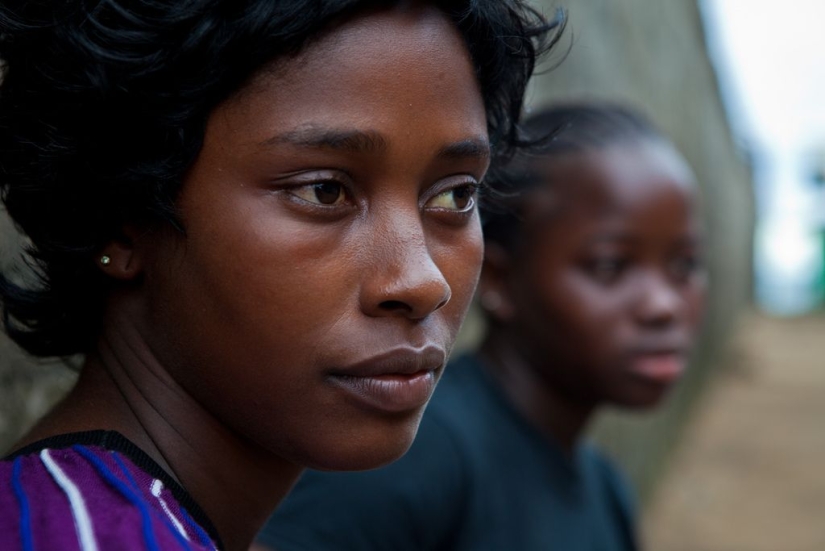
The Republic of Liberia is a State that has never been anyone's colony for a day. Unlike most of the countries of the Black Continent, it was founded by free people with the best intentions. But this did not prevent Liberia from covering itself with shame in the shortest possible time, which has gone down in history forever.
In 1820, slavery was abolished in the northern states of the United States. Hundreds of thousands of black slaves received the desired freedom and began to think about how to dispose of it. At that time, the "Back to Africa" movement was gaining popularity in the country. His supporters urged him to leave America and return to his ancestral homeland. There the former slaves planned to build a free state of universal equality and happiness, which would be based on Christian morality and tolerance.
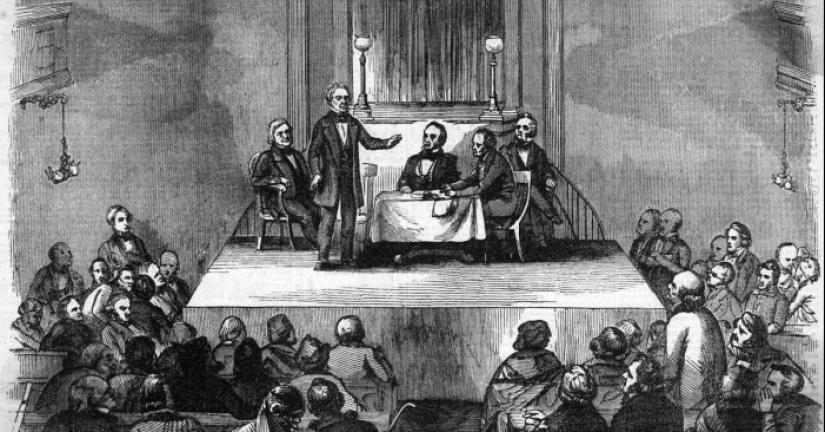
The movement was supported by the African-American and Adventist Churches, as well as many senators. The government believed that a state of former slaves, built with the support of the United States, could be useful. First of all, it is an excellent springboard in Africa for expanding the influence of both industrial and military. And secondly, this way America will get rid of a huge number of people who do not know what to do with themselves.
To start building something on the Black Continent, it was necessary to enlist the consent of France and Great Britain. These two powers divided Africa among themselves, owned the largest colonies there. The US Secretary of State went to Europe for negotiations and received the consent of Paris and London. A place was allocated for the new state on the West Coast of Africa.
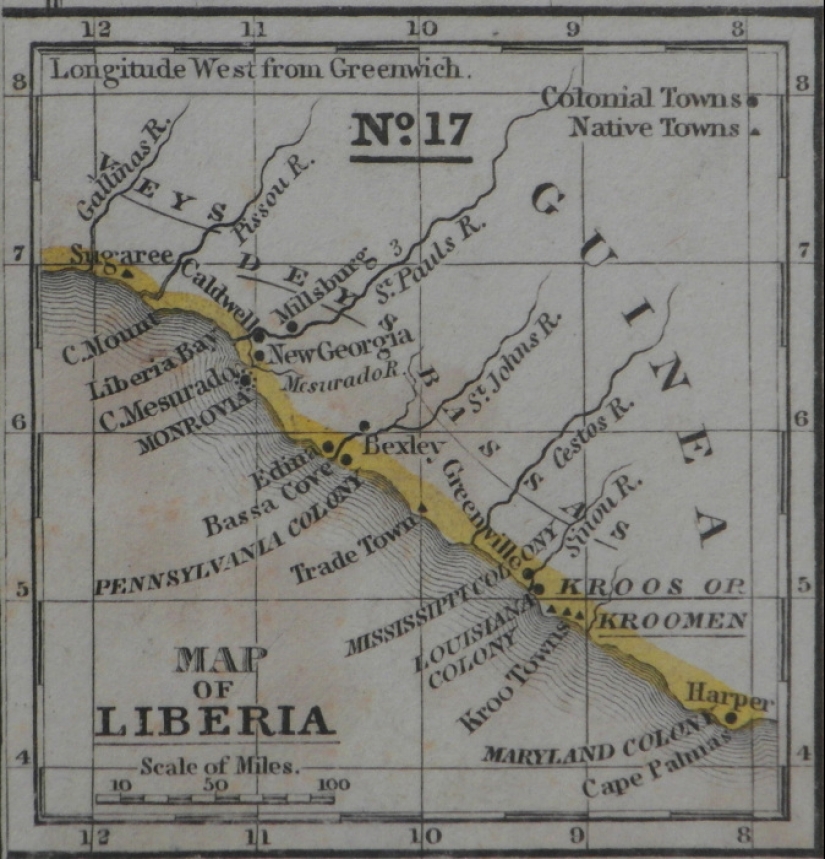
But as it often happens, there was more noise than sense from the idea. Of the huge number who wanted to return to the roots, they could barely scrape together 10 thousand to move overseas. For all their hatred of the United States, which had barely abolished the slave system, the former slaves did not want to leave America, which was quite comfortable to live in. This is not surprising, because almost all of these people were born in the New World. They were, at best, the grandchildren of those who were once forcibly taken overseas.
But those who did decide to leave were determined. With the support of the American government, they arrived in 1822 on the African coast and began to settle there. First, the capital was laid, called Christopolis. It was later renamed Monrovia, in honor of the fifth President of the United States, James Monroe. Thus, this city became the second capital in the world after Washington, named after the American leader. Even the flag of the new country was similar to the American one, but with one star.
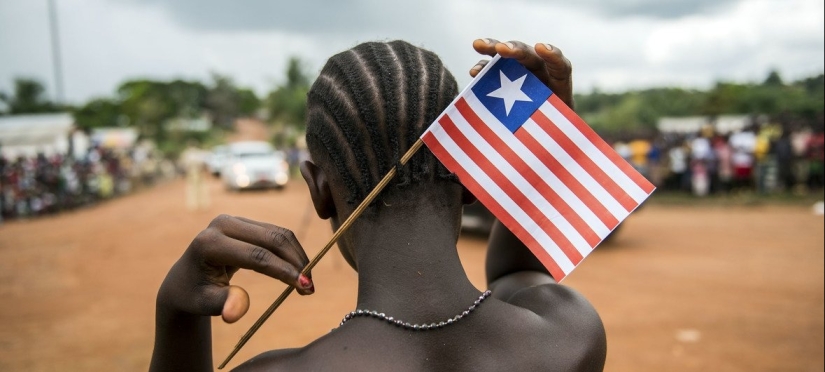
The settlers began to build houses, churches, farms and workshops. The authorities of the United States helped them in everything by word and deed. The government was not stingy, generously endowing the new state with the benefits of civilization. The country developed and in 1824 adopted the proud name of Liberia. It came from the Latin liber — "free, independent". In general, freedom was a sore subject of former slaves, some of whom were descendants of those who were chained in the 17th century.
What did these people know about freedom? Actually nothing. They believed that being free meant doing what they wanted and not giving anyone any favors. Very soon, the new society of "equality and brotherhood" was divided into aristocrats and commoners. Those who were quicker and were closer to the benefits, shamelessly plundered aid from the United States. These people have become the new elites, among the crowds of starving.
The lands inherited by the settlers were rich in diamonds. Mines and quarries began to appear like mushrooms after the rain. There were their own landlords in Liberia. Some people managed to grab the best plots of land, but not in order to cultivate it with their own hands. Cocoa plantations appeared on large territories, which needed skilled and cheap workers. Yes, the raw materials obtained from these plantations were sent to the chocolate factories of the USA.
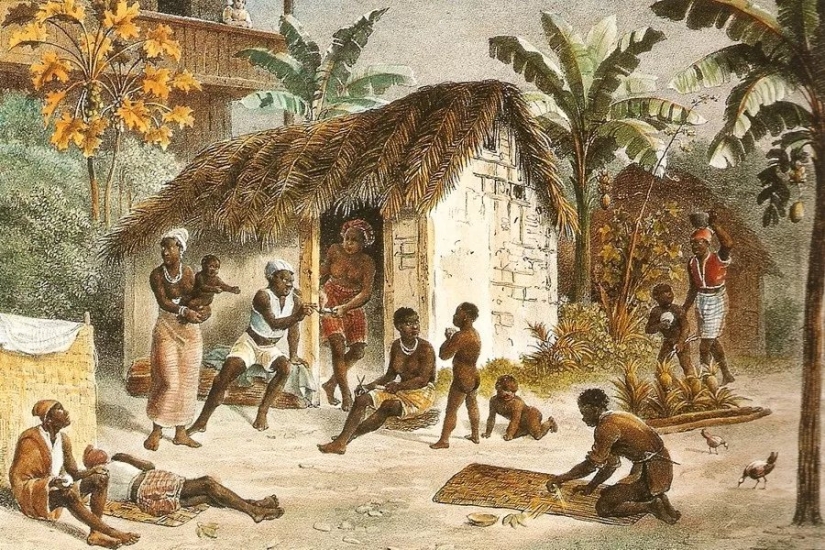
Those who were less fortunate began to work in diamond mines and plantations. Those who received plots of land on salt marshes or in swamps were forced to work for their former fellow slaves. They did not spoil them too much with money and treated them as their property. But there were still not enough workers, and then the most shameful page in the history of Liberia was turned.
The settlers began to organize raids on local residents. They put them in shackles, brought them to plantations and mines and made them slaves. The unfortunate were malnourished, often had no clothes and worked 14-16 hours a day. They were constantly beaten, and sometimes publicly executed in order to intimidate. As if in mockery, Liberia retained its proud name and was considered a republic!
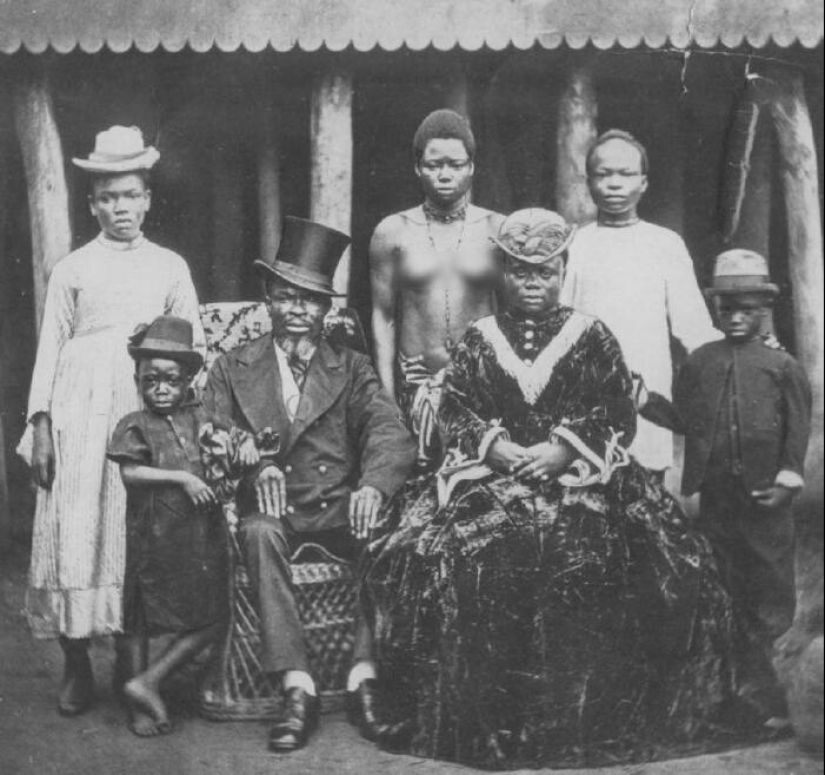
Unfortunately, little has changed in Liberia over time. Throughout its history, it has been a country of poverty, inequality, grief and suffering. The apotheosis of the nightmare was the era of the reign of two notorious scoundrels — Samuel Doe and his successor Charles Taylor. These two people robbed and killed the population of the country with impunity from 1980 to 2006.
Recent articles

It's high time to admit that this whole hipster idea has gone too far. The concept has become so popular that even restaurants have ...

There is a perception that people only use 10% of their brain potential. But the heroes of our review, apparently, found a way to ...

New Year's is a time to surprise and delight loved ones not only with gifts but also with a unique presentation of the holiday ...